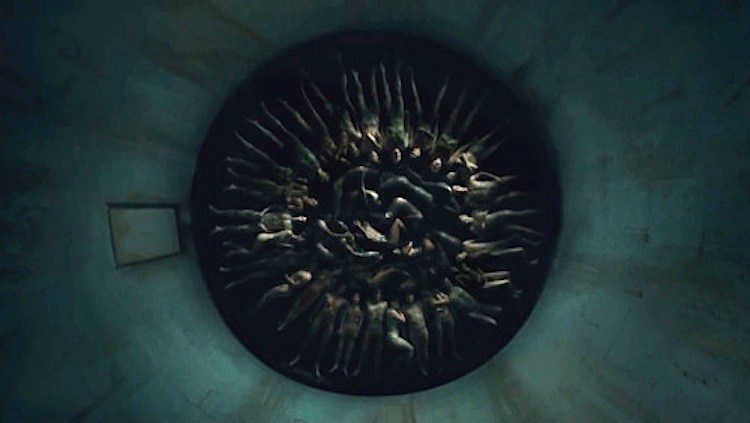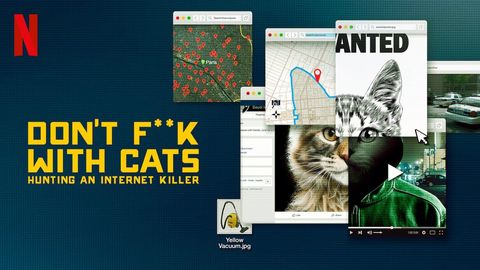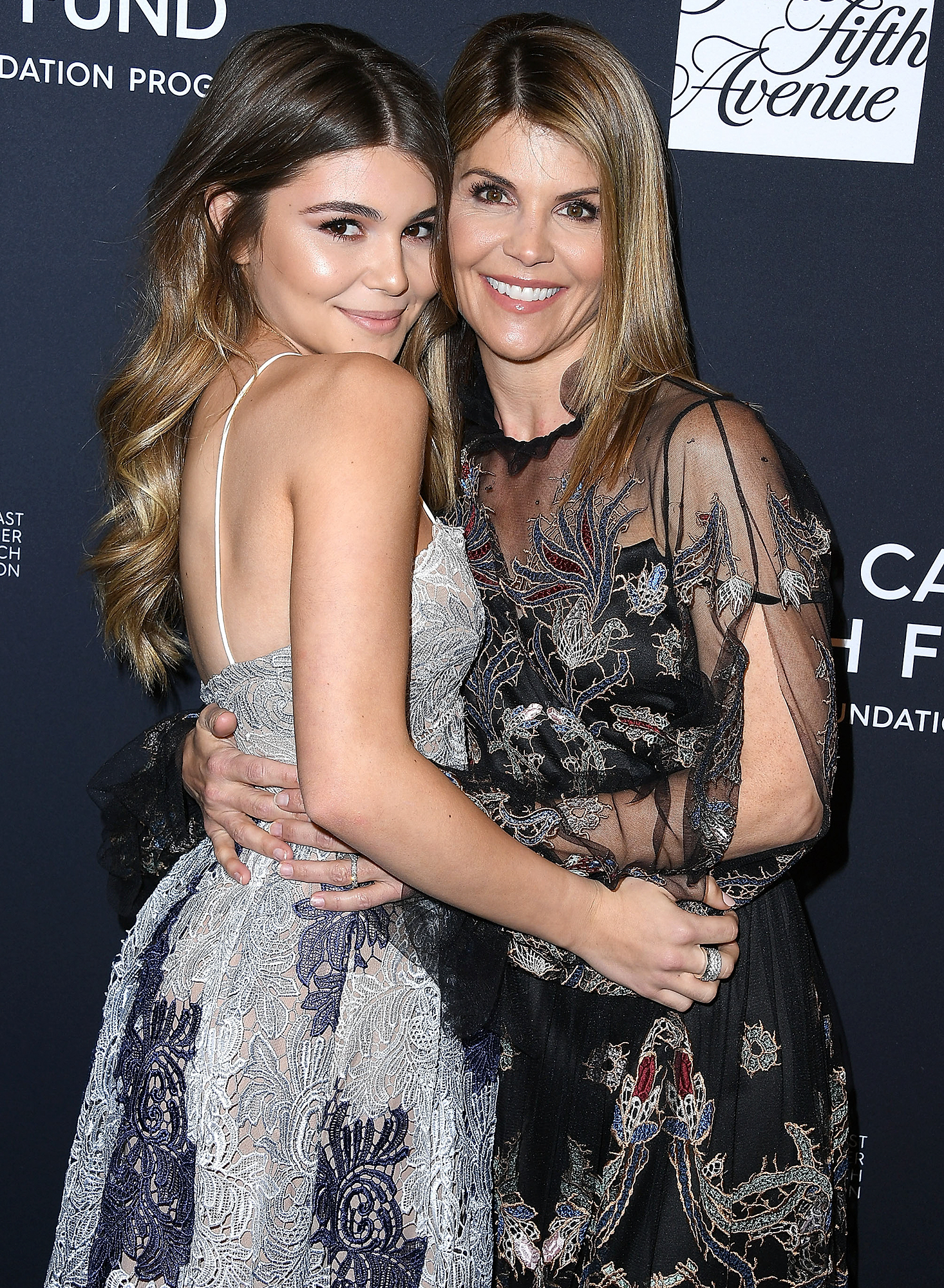Netflix’s You, released September 9, 2018, follows the story of Joe, a bookstore manager, who falls in love with one of his customers at first sight. While obviously smart and passionate about books and his work, Joe is rather plain. Unassuming. Some would even say “average.” And the viewer quickly discovers that he is willing to kill for love.
Many critics and fans praised the show for its suspenseful and sometimes comedic plot. The show became especially popular among women ages 18-24, who started to express romantic feelings for the main character. Some took to twitter to say how they wished they had someone like Joe in their life: a man who would stalk them, because that showed true devotion.
About four months later, Netflix released Confessions of a Serial Killer: The Ted Bundy Tapes and Extremely Wicked, Shockingly Evil and Vile back to back. While the former is a documentation of the Bundy’s time on death row, the latter is a dramatization of his crimes through his girlfriend’s perspective.
Again, young women took to the internet to share their attraction for the famed murderer. Could this be explained away by hybristophilia (attraction to a partner who has committed “an outrage against someone”), or is this a cultural phenomenon? Penn Badgley, who plays Joe Goldberg, shares his thoughts on The Late Show with Stephen Colbert. Badgley has also spoken out on twitter to women aspiring to date someone like his character, reminding them that a murderer is not someone they should want to be with.








This article highlights a fascinating but troubling cultural trend: the romanticizing of violent men in media and real life. Comparing the fandom around You’s Joe Goldberg to the fascination with Ted Bundy raises important questions about hybristophilia, media influence, and why some viewers conflate obsession with love. It’s a sharp reminder of how entertainment can blur dangerous lines between fantasy and reality.
This discussion is truly fascinating to me because it’s shocking how shows like you and documentaries about real-life killers like Ted Bundy can lead people to feel sympathy or even attraction to these figures, despite their violent and manipulative actions. I’ve never understood how someone could genuinely want to be with a person like that are they actually drawn to the character, or are they just exaggerating their attraction based on their looks? As Penn Badgley pointed out, these individuals should not be seen as people we want to be with. Their appearance shouldn’t excuse or justify their harmful behavior.
I know that the show is popular among women 18-24, but I think that teenagers, especially around puberty, should be focused here as well. I think that these types of shows are especially dangerous towards teenagers and adolescents who grow up thinking that this type of behavior is “romantic” and acceptable. The same can be said for a lot of books too. We should really be careful on how media is marketed towards teens.